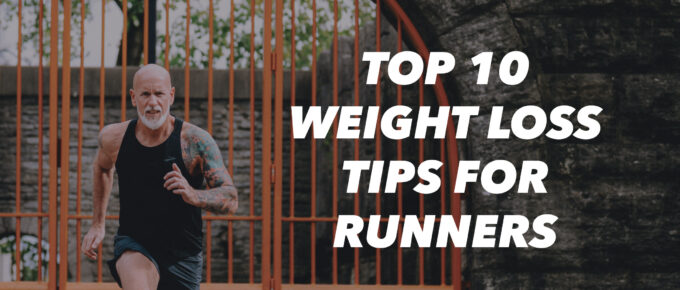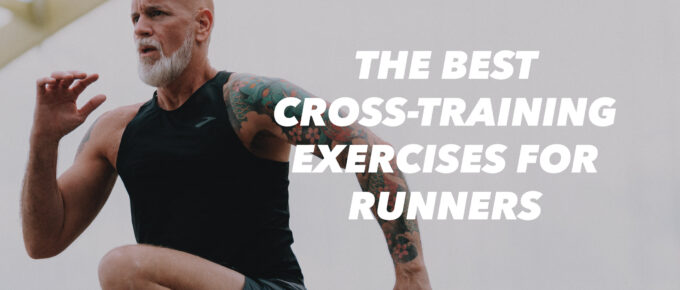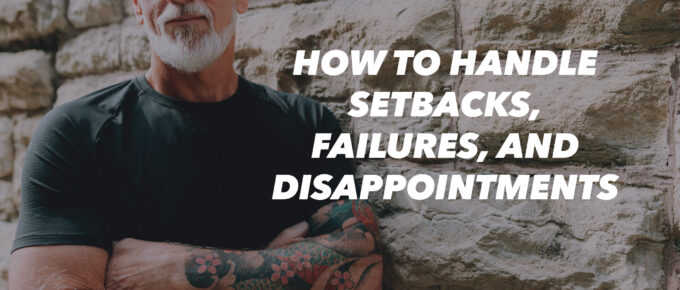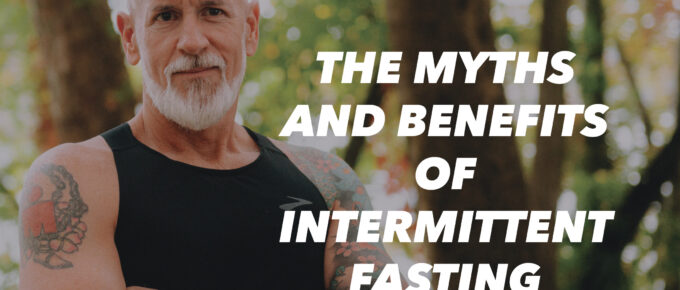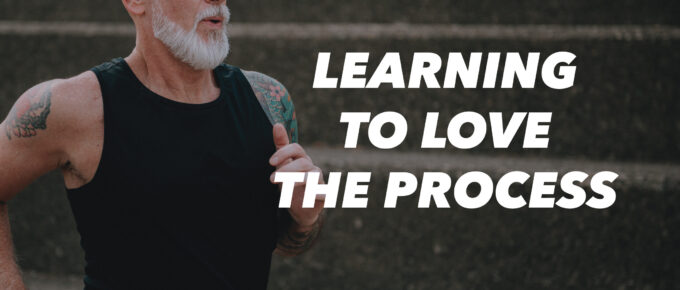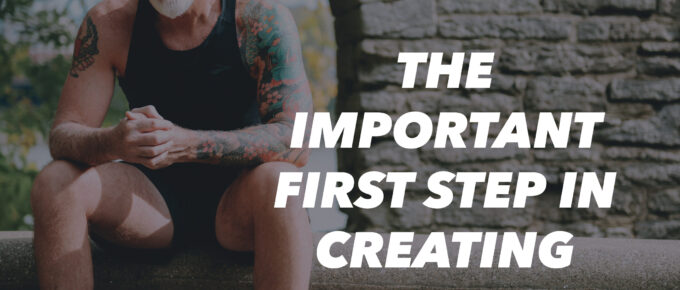There is so much contradictory advice out there when it comes to losing weight. It’s really hard to know what’s right and what’s just BS. I’ve always taken the approach that you need to ignore …
Continue Reading about 242. Top 10 Weight Loss Tips for Runners →

